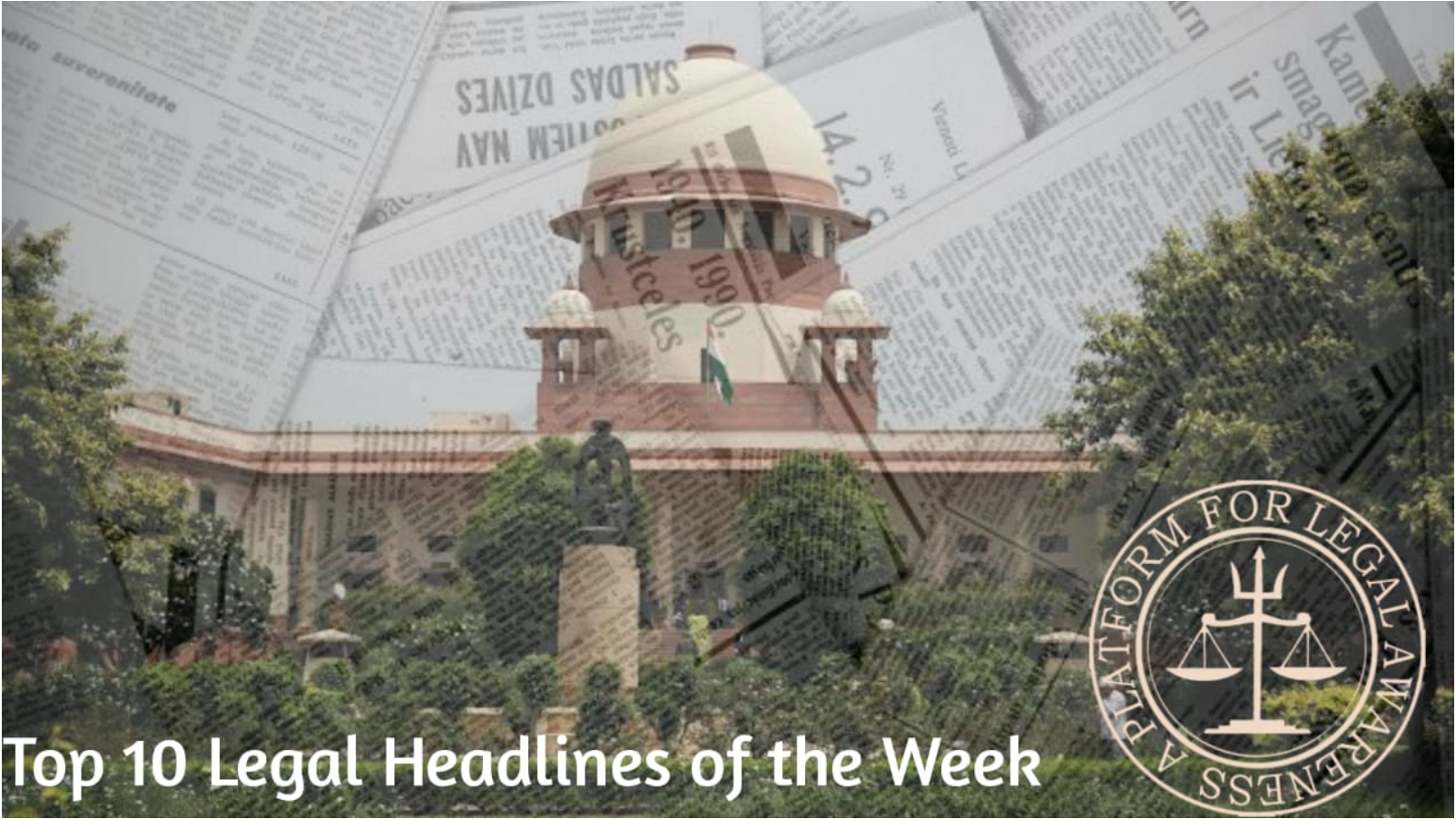1. Victim Has Right to Participate in Trial but No Right to Be Impleaded in Criminal Revision: Delhi High Court
The Delhi High Court clarified that while victims have the right to participate and be heard in criminal trials, they do not automatically gain the right to be impleaded in criminal revisions. Justice Navin Chawla emphasised that the victim's role remains subordinate to the Public Prosecutor's. The court noted that while victims can be heard in revision proceedings, their participation as parties is not mandated by law. The court urged balanced consideration, ensuring victims' voices are heard without turning criminal cases into private disputes.
2. There Can't Be Piecemeal Disclosure of Material on Which Prosecution Seeks to Base Its Case: Delhi High Court
The Delhi High Court emphasised the importance of fully disclosing incriminating material before framing charges, ensuring fair opportunities for the accused as per Article 21 of the Constitution. It rejected a CBI plea to introduce additional documents in a bribery case. It noted that after a decade-long trial, such changes were unjustified, and witnesses related to the additional evidence were deemed irrelevant.
3. The Supreme Court refuses to direct ECI to publish info on total votes polled per booth
The Supreme Court heard ADR's request for voter turnout data disclosure within 48 hours of polling in the 2024 Lok Sabha Elections. ECI opposed it, citing no legal requirement and potential confusion. Earlier, Chief Justice DY Chandrachud and others questioned ECI's delay in disclosure. Yet, a Vacation Bench declined an interim order, noting the similarity with the main petition's prayer.
4. NCDRC stays consumer court order to replace Honda motorbike without seeking an expert report
The State Commission's February 6, 2024, ruling against Honda did not require an expert report to prove the defect, despite Section 13(1)(c) of the Consumer Protection Act, which mandates such a report for defects needing proper analysis or testing.
The National Consumer Disputes Redressal Commission (NCDRC) has stayed a State Consumer Commission order directing Honda to replace a motorbike over an alleged manufacturing defect without an expert report. The owner has four weeks to respond, and the matter will be heard in October.
5. Plea to Direct ECI To Disclose Form 17C Record of Votes Polled: Live Updates from Supreme Court Hearing
The Supreme Court is hearing an application by NGO ADR to publish Form 17C data and booth-wise voter turnout on the ECI website. Justices Dipankar Datta and S.C. Sharma are presiding. The session also addresses TMC leader Mahua Moitra's 2019 petition on voter turnout discrepancies. The ECI opposes the application, citing no legal mandate for public access to Form 17C and potential voter confusion.
6. Supreme Court Issues Notice on Plea Seeking OBC Reservation for Settibalija Community in Telangana
The Supreme Court has issued notice on a petition by the Telangana Settibalija Sankshema Sangham (TSSS) challenging the denial of OBC rights to the Settibalija toddy-tapper community since the reorganisation of Andhra Pradesh in 2014. The petition claims this denial has deprived many youths of education and employment opportunities. Despite no official decision to exclude them from Telangana's OBC list, documentation errors have led to their exclusion. The case will be heard in September 2024, along with appeals from 26 other OBC communities removed from Telangana's OBC list.
7. What Every Voter Should Know - The Law on Hate Speech by Electoral Candidates
Amidst the heightened atmosphere of the electoral landscape, the power of speech is pivotal for candidates to connect with voters. However, the issue of 'hate speech' looms large, with its potential to stoke division. While Indian law lacks a precise definition, hate speech is generally understood as any expression inciting hostility based on factors like religion or race. Section 153A of the Indian Penal Code serves as a legal deterrent against such acts, penalising those who promote enmity between different groups. As the elections progress, fostering responsible discourse becomes crucial for upholding democratic values of inclusivity and mutual respect.
8. As Civil Suit to Enforce Claim in Benami Property Is Barred, Criminal Proceeding By 'Real' Owner Also Impermissible: Supreme Court
The Supreme Court recently ruled that under the Benami Transactions (Prohibition) Act of 1988, a person who pays for a property but registers it in someone else's name cannot claim ownership or recover it. This decision involved a case where the respondent, a government employee, purchased property in the appellant's name to avoid conflict with her job. The respondent cannot pursue legal action to recover the property despite funding the purchase. Justices BR Gavai and Sandeep Mehta clarified that the respondent's investment, deemed a benami transaction, does not grant her the right to reclaim the property from the appellant.
9. TN Industrial Establishments Act | Permanent Status Can't Be Denied to Workmen Who Worked Uninterruptedly For 480 Days In 24 Months: Supreme Court
The Supreme Court ruled that the TN Medical Services Corporation cannot deny permanent status to workmen who have completed 480 days of continuous service within 24 months, as required by the Tamil Nadu Industrial Establishments (Conferment of Permanent Workmen) Act, 1981. Justices Sanjay Karol and PB Varale rejected the Corporation's claim that its construction activities exempted it from this obligation.
10. National Security of Paramount Importance’: Supreme Court Sets Aside Bail Granted to PFI Members in UAPA Case
The Supreme Court on May 22 overturned the Madras High Court's decision to grant bail to eight men allegedly linked to the banned Popular Front of India (PFI) and charged under the Unlawful Activities Prevention Act (UAPA). The Supreme Court, led by Justices Bela Trivedi and Pankaj Mithal, found the allegations of fundraising for terrorist acts to be credible and emphasised the importance of national security under UAPA. The Court directed an expedited trial, noting the seriousness of the charges and the evidence provided by the National Investigating Agency (NIA).

